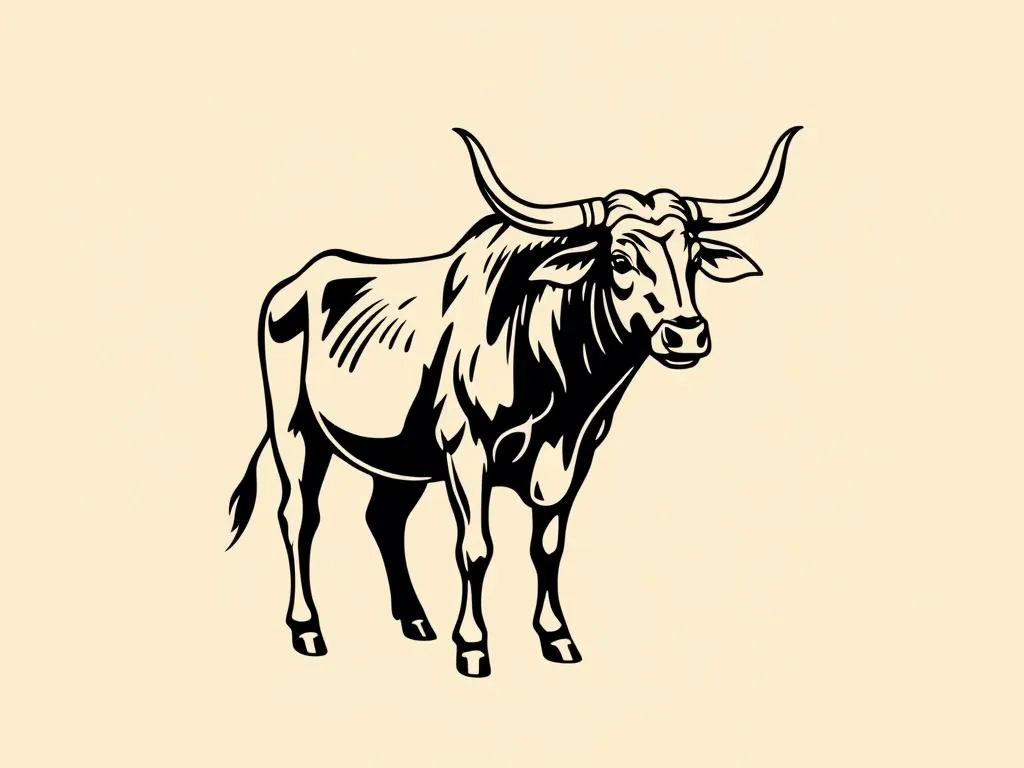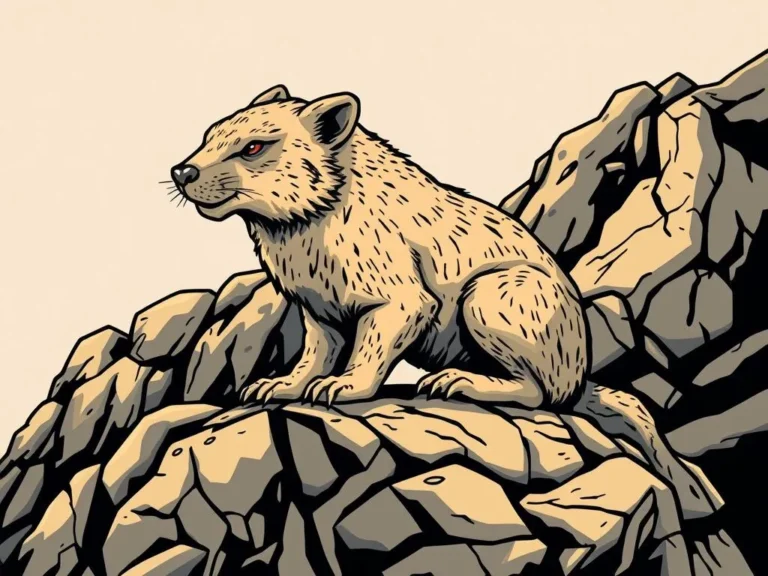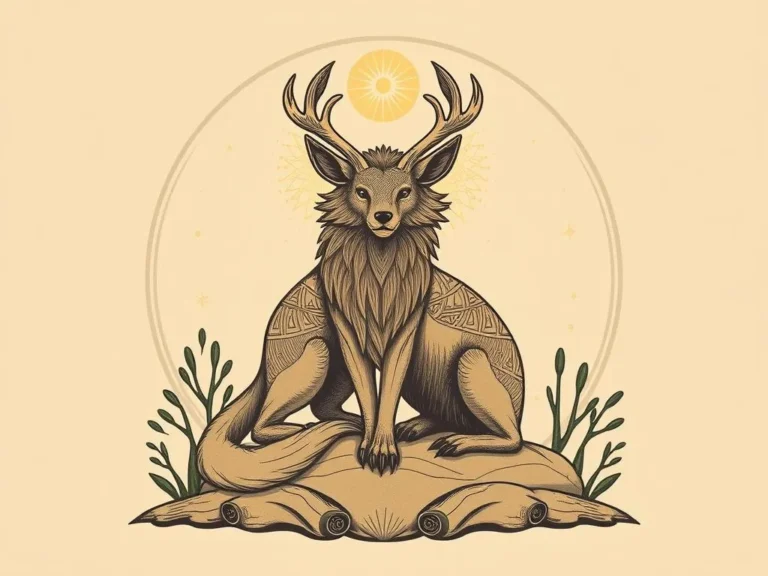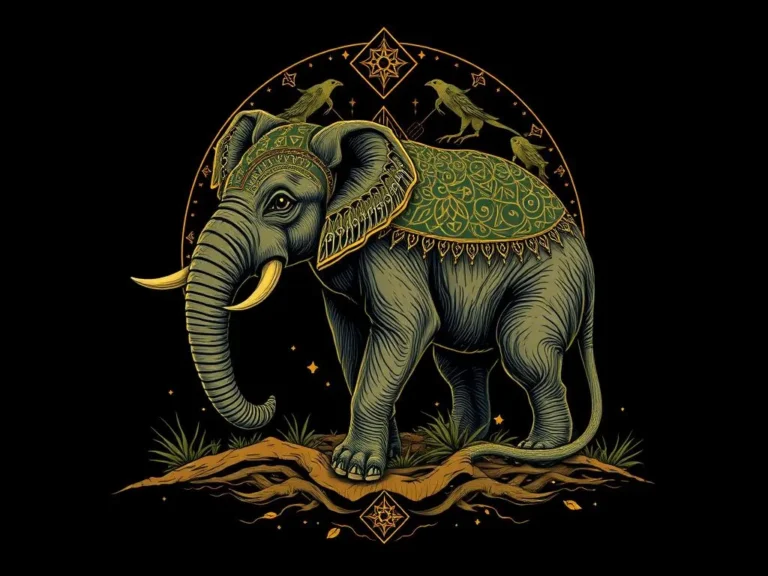Zebu Symbolism: Uncovering the Spiritual Significance of the Humped Bovine

Introduction
In the realm of zebu symbolism, we uncover a world of profound spiritual significance. The zebu, a distinctive breed of humped cattle, holds a deep and multifaceted meaning across various cultures and belief systems. As we delve into the symbolism and spiritual associations of this remarkable animal, we gain a deeper understanding of the interconnectedness between the natural and the divine.
The zebu symbolism is a captivating subject that invites us to explore the rich tapestry of cultural and spiritual traditions. By understanding the symbolic representation of the zebu, we can unlock a deeper appreciation for the natural world and its profound influence on our own spiritual journeys.
The Spiritual Significance of the Zebu
Strength and Endurance
The zebu, with its impressive stature and resilient nature, is often associated with strength and endurance. In many belief systems, the zebu is revered as a symbol of perseverance, resilience, and the ability to overcome life’s challenges. Its unwavering presence in the face of adversity might mean that the zebu represents the power to confront and overcome obstacles with determination and grace.
Fertility and Abundance
The zebu, with its distinctive hump and robust physique, is often linked to themes of fertility and abundance. In some cultures, the zebu is seen as a representation of the life-giving forces of nature, symbolizing the ability to nurture, sustain, and provide for one’s community. The zebu’s association with these qualities could suggest that it represents the importance of honoring and cultivating the abundant resources available to us.
Sacredness and Reverence
In certain spiritual traditions, the zebu is regarded with a deep sense of sacredness and reverence. The zebu might represent the divine connection between the physical and the spiritual realms, serving as a bridge between the earthly and the celestial. This reverence for the zebu often leads to its inclusion in sacred rituals, ceremonies, and even the veneration of specific zebu deities.
Patience and Contemplation
The zebu’s calm and deliberate demeanor is sometimes associated with patience and contemplation. In some belief systems, the zebu is seen as a symbol of the importance of slowing down, being present, and taking the time to reflect on the deeper aspects of life. The zebu might represent the value of mindfulness, introspection, and the cultivation of inner peace.
Adaptability and Resilience
The zebu’s ability to thrive in diverse environments and adapt to various climatic conditions is often seen as a symbol of adaptability and resilience. In this context, the zebu might represent the capacity to navigate change, overcome adversity, and find new ways to flourish, even in the face of challenging circumstances.
The Zebu in Cultural and Spiritual Traditions
Hinduism and the Zebu
In the rich tapestry of Hindu mythology and spirituality, the zebu occupies a significant place. The zebu is often associated with the revered deity Lord Shiva, who is sometimes depicted riding on a zebu or accompanied by one. This symbolic connection suggests that the zebu might represent the divine qualities of strength, power, and the ability to transcend the material world.
Furthermore, the zebu is considered a sacred animal in Hinduism and is often treated with great reverence. The zebu is believed to be a manifestation of the divine, and its presence is thought to bring blessings and prosperity to those who honor and care for it.
The Zebu in African Cultures
Across various African cultures, the zebu holds a significant place in spiritual and cultural traditions. In some regions, the zebu is seen as a symbol of wealth, status, and social standing, with its ownership and care being a mark of prestige and responsibility.
Moreover, the zebu is often incorporated into rituals and ceremonies, serving as a conduit for connecting with the spiritual realm. The zebu might represent the importance of honoring the natural world and the delicate balance between human and animal life.
The Zebu in South American Traditions
In South American traditions, the zebu has also found a place in the realm of spiritual symbolism. In certain indigenous belief systems, the zebu is associated with the concept of the “spirit animal,” representing the unique connection between an individual and the natural world.
The zebu might be seen as a guide, protector, or embodiment of specific qualities that resonate with an individual’s personal journey. This association with the “spirit animal” concept suggests that the zebu could symbolize the importance of finding one’s own inner strength, wisdom, and connection to the natural world.
Interpreting the Zebu’s Symbolic Meaning
When exploring the zebu symbolism, it’s important to remember that the interpretation of its spiritual significance can vary across different cultures and belief systems. The zebu might represent different things to different people, and its symbolic meaning can be deeply personal and subjective.
However, there are some common themes and interpretations that often emerge when considering the zebu’s symbolic significance. By reflecting on these themes, we can gain a deeper understanding of the zebu’s role in the spiritual realm.
Grounding and Stability
The zebu’s solid and grounded presence might suggest the importance of finding stability and balance in one’s life. The zebu could represent the need to stay firmly rooted in the present moment, to maintain a sense of equilibrium, and to cultivate a deep connection to the earth and the natural world.
Nurturing and Abundance
As mentioned earlier, the zebu’s association with fertility and abundance might signify the importance of nurturing and providing for oneself and one’s community. The zebu could symbolize the ability to tap into the inherent resources and blessings available to us, and to use them in a way that fosters growth, nourishment, and prosperity.
Resilience and Perseverance
The zebu’s remarkable strength and endurance might represent the qualities of resilience and perseverance. The zebu could serve as a reminder to face life’s challenges with determination, to overcome obstacles with grace, and to maintain a steadfast spirit in the face of adversity.
Spiritual Connection
The zebu’s perceived sacredness and reverence in certain traditions might suggest a deeper spiritual connection. The zebu could symbolize the bridge between the physical and the metaphysical realms, inviting us to explore our own spiritual journeys and to deepen our understanding of the divine.
Conclusion
The zebu symbolism is a rich and multifaceted topic that offers a glimpse into the profound interconnectedness between the natural world and the spiritual realm. By exploring the various interpretations and associations of the zebu, we can gain a deeper appreciation for the wisdom and insights that can be found in the natural world.
Whether the zebu represents strength and endurance, fertility and abundance, sacredness and reverence, or any other symbolic meaning, it serves as a powerful reminder of the importance of honoring the natural world, cultivating inner peace, and finding our own unique connection to the divine.
As we continue to delve into the fascinating world of zebu symbolism, may we be inspired to embrace the lessons and insights that this remarkable animal has to offer, and to incorporate them into our own personal and spiritual journeys.





